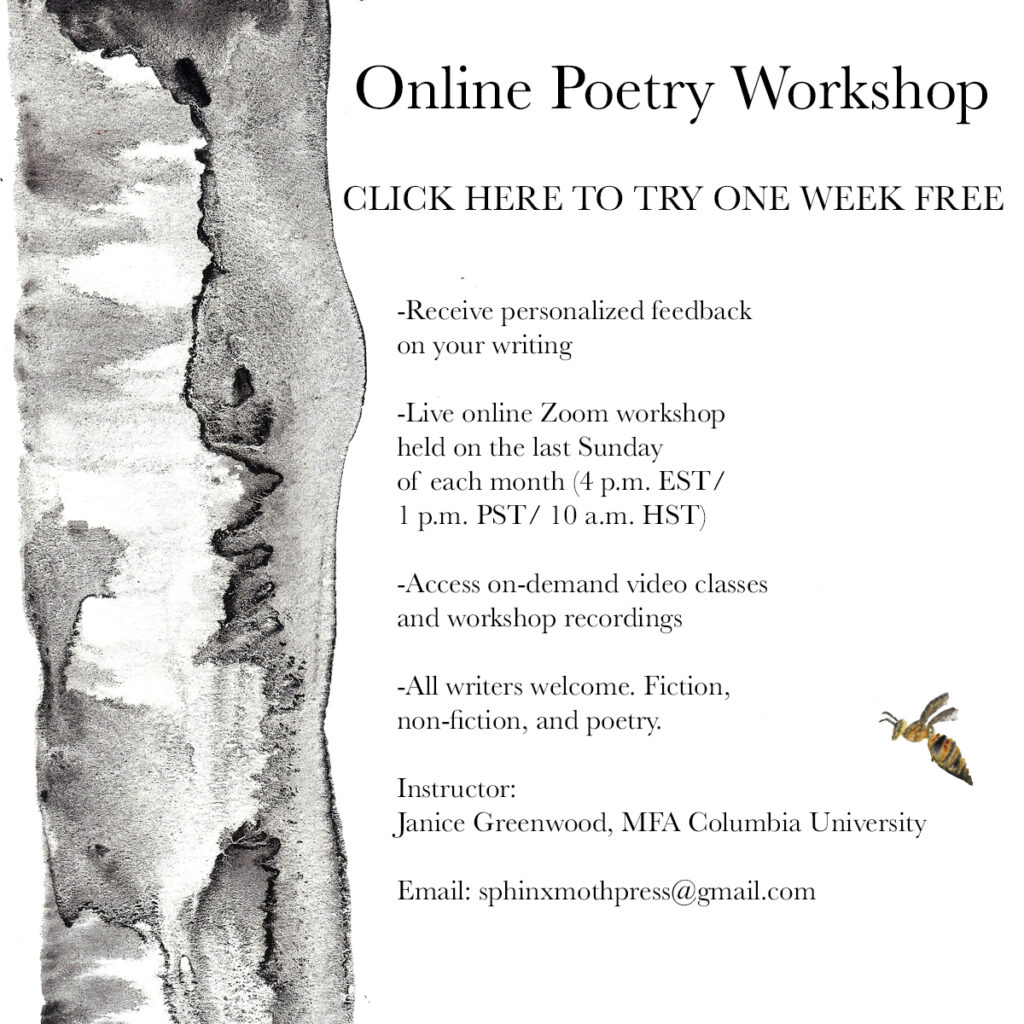When I lived in New York City, one of my most beloved rituals was to attend Josh Korda’s Dharma Punx NYC meetings. Every Monday and Tuesday, Korda, along with a group of New Yorkers in various states of tattoo coverage, would gather together to meditate. For me, the meditation was a bonus; I was there for the group therapy. Korda is not only knowledgeable in the intricacies of the Pali cannon and in various meditation techniques, but he is also well-versed in psychology, attachment theory, and neuroscience. Listening to him speak about Buddhism and psychology is like watching a skilled dancer move seamlessly between punk, hip hop and ballet. A few years ago he wrote a nonfiction book called Unsubscribe in which he talks about his conversion from living the life of an advertising agency executive to being a Buddhist pastor. The book provides practical tools to seekers looking for ways to opt out of “capitalism’s Yellow Brick Road of workaholism, careerism, consumerism, fame seeking, and social media-reputation fixation…”
I attended Korda’s group sessions less for the meditation and more for the group therapy they provided. I’d been in and out of therapy myself for years, but I found that Korda provided real tools I could use in my daily life and in my meditation. Listening to his talks made me feel better. To this day, on insomniac nights when I want to take a drink to knock myself out, I find that I can turn on Josh’s podcast instead, and be lulled to sleep usually within an hour, with some added wisdom to boot. Usually the things he says gives me practical tools to address the very things in my life causing the anxiety.
Now that New York City is on lockdown due to Covid-19, Korda has been holding his meetings on Zoom.
One of the things I missed dearly since moving from New York City to Honolulu was attending Josh’s Dharma Punx sessions. And while I am saddened to think that the Dharma Punx have had to stop meeting in their beautiful New York City spaces, one of the strange benefits of the pandemic was that it brought Dharma Punx back into my life.
“I find that saying something makes me nervous, makes me less nervous doing it,” Josh said at the start of his first Zoom meeting podcast. Dharma Punx, explained Korda, was less about the talks and the meditation than about the people who gathered together. And indeed, the energy in the room when Josh would speak was often palpable, even when his voice would occasionally get drowned out by the sound of a siren passing on the Bowery. I found myself missing it as I sat in my Honolulu living room, listening to the wind blow through the open window, grateful to be back at a meeting, especially in these strange times.
I’d often go to the New York Dharma Punx meetings and not speak to a single soul, only to spend the next hour listening to Josh lecture on the importance of forming meaningful social connections. Josh would often remind his attendees that meditation could only help them if they could also supplement it with the more important practice of forming meaningful and secure attachments. Josh’s talks were a reminder to nurture the relationships that were most important to me. I often left his meetings wondering if I was nurturing my relationships as I should. Was I reaching out to loved ones enough?
Korda’s thoughts on the pandemic were similarly helpful. He identified some of the stressors we all are facing:
- COVID-19 Itself. Sickness, and the fear of sickness is an incredible stressor. Those of us who are healthy may be worried for family and loved ones who are more vulnerable to the worst symptoms of this virus. And the young and healthy have no guarantee that they won’t suffer the worst symptoms. We are all vulnerable to this disease and it is likely to touch each of our lives personally.
- Economic Uncertainty. So many of us have lost jobs, and many are uncertain whether our jobs will continue to exist.
- Uncertainty in General. We struggle when we can’t predict what might happen next. Korda explains that our brains are “predicting machines.” When we cannot adequately anticipate future events, our dopamine levels can drop, resulting in lack of motivation and general malaise.
- Social Distancing. For Josh, this is the worse stressor of the pandemic. He explains that “social connections help us self-regulate.” In his second Zoom talk on the pandemic Josh explained that in the early days of New York’s lockdown, he watched as other meditation instructors shifted seamlessly to giving talks online or on Zoom. He explained that, while he tried to put together a talk, he wasn’t able to do it. Was he failing, he wondered? He reminded his listeners that lack of productivity in the midst of a global pandemic is not a failing, but rather, the mind and the body’s natural reaction to trauma, shock, and uncertainty. Josh urged his listeners to take time to pause and reflect.
Josh went on to explain that when we are faced with overwhelming stress, we might turn to maladaptive strategies to manage our response. When we cannot connect with other people to calm us or to self-regulate, we might turn to alcohol, drugs, food, binge-watching Netflix, videogames, compulsive shopping, and other addictive behaviors. We might oscillate between complete shutdown (sleeping all day and feeling the general malaise that comes when we feel we cannot deal), or become hypervigilant, checking the news obsessively, constantly on-edge, exhausted.
Some simple solutions Josh offered including encouraging listeners to exercise and eat healthy foods high in tyrosine, a precursor for dopamine (Josh mentioned almonds, bananas eggs, beans, fish, and avocados, some of which I plan to eat for breakfast this morning). He encouraged us all to sit up straight because posture can help us feel more capable. If it was safe to do so, he encouraged us to take walks, to listen to calming music, to cook, to garden, to draw, to sing. If we could, we were urged to spend time in nature.
As far as meditation goes, he reviewed various practices that included focusing on the breath, or focusing on loving kindness. We could remember those we have helped and those who have helped us, or work on gratitude. We could practice expansive visualizations, or place our hands over our hearts while breathing deeply, or we could imagine ourselves surrounded by helpful guiding spirits.
As Josh spoke, I realized how in many ways, I’d built my own life around Josh’s simple and helpful suggestions. I thought about how Josh’s simple practices have changed my life. As I worked to improve my life, I made it a priority to exercise regularly, eat healthily, connect with others, and spend time in nature. Over time, I realized that New York City didn’t give me the access to the ocean that I yearned for, and over a year ago, I moved to Hawaii. I credit Josh’s regular exhortations to follow your authentic self and to “opt out,” with giving me some of the courage I needed to make the leap.
In his nonfiction book, Unsubscribe, Korda writes about how we can change our lives by “skillfully prioritizing our goals,” understanding and integrating “our feelings and emotions into our problem-solving routines,” and connecting “authentically with those around us.” I turn to his nonfiction book time and again in times of uncertainty. We all have time on our hands. If you haven’t done so already, read Unsubscribe, and check out Josh Korda’s “Pandemic Talk” available at Dharma Punx NYC.

About the Writer
Janice Greenwood is a writer, surfer, and poet. She holds an M.F.A. in poetry and creative writing from Columbia University.

